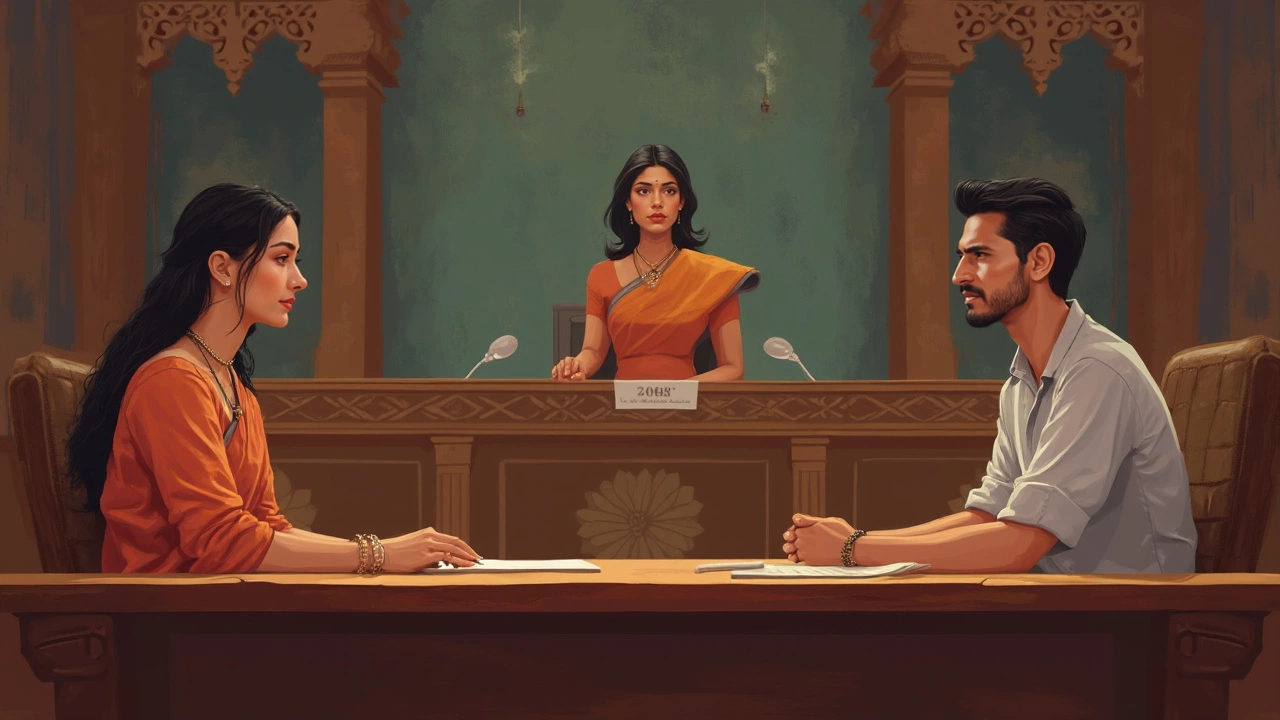Indian Divorce Laws – What You Need to Know
If you’re thinking about ending a marriage, the first thing you want is a clear roadmap. Indian divorce laws can feel confusing, but they’re not a maze. Whether you’re filing by mutual consent or contested, the basic steps are the same: a petition, a waiting period, and a court order. Below we break down the essentials so you can move forward with confidence.
When Can You File for Divorce?
The law allows a divorce on several grounds, but the most common are mutual consent and separation. For mutual consent, both spouses must agree to the split and sign a joint petition. If you choose separation, you need to prove that the marriage has broken down irretrievably. Common grounds include cruelty, desertion for two years, conversion, mental disorder, or the marriage being void. You don’t need to prove every ground—just one that fits your situation.
Most people wonder if they must live apart before filing. The answer is yes, but only for a specific period. In a mutual‑consent case, you must live separately for at least one year before the first hearing. For contested divorces, the court may order a period of live‑in separation, but it’s not a strict rule. The key is having evidence that the relationship cannot be saved.
How Long Does the Process Take?
Timing varies a lot. A mutual‑consent divorce can wrap up in as little as six months if both parties cooperate and the court’s schedule is smooth. The first hearing happens after the one‑year separation, then there’s a mandatory cooling‑off period of about three months before the final hearing. If you’re willing to waive the cooling‑off, the process can be quicker, but many courts still follow the standard timeline.
Contested divorces, where spouses disagree on issues like alimony or child custody, can stretch to two years or more. Delays often come from back‑and‑forth filings, evidence gathering, and court backlogs. To speed things up, keep your documents organized, respond promptly to notices, and consider mediation. Courts usually prefer settlement, so showing a willingness to negotiate can shave months off the timeline.
Regardless of the route you take, there are a few documents you’ll need: marriage certificate, proof of residence, income statements, and any evidence supporting your grounds (like medical reports for cruelty). Having everything ready from day one reduces the back‑and‑forth and keeps the case moving.
Finally, remember that divorce isn’t just a legal event—it affects finances, children, and emotional well‑being. Talk to a family‑law specialist early on to understand how assets will be divided, what child support looks like, and how to protect your rights. A good lawyer can also help you navigate the paperwork, file the petition correctly, and keep the process as stress‑free as possible.
In short, Indian divorce laws give you clear pathways whether you and your spouse are on the same page or not. Know the grounds, respect the separation period, gather your documents, and consider mediation to keep things moving. With the right preparation, you’ll get through the court process without unnecessary drama.
Do Wives Pay Alimony in India?
In India, the concept of alimony often brings to mind husbands paying financial support to wives. However, there are cases where wives may be required to pay alimony to husbands. Understanding the conditions under which wives might pay alimony can provide clarity. Factors like income disparity and mutual settlement play significant roles. Knowing your legal rights and duties is crucial during divorce proceedings.
